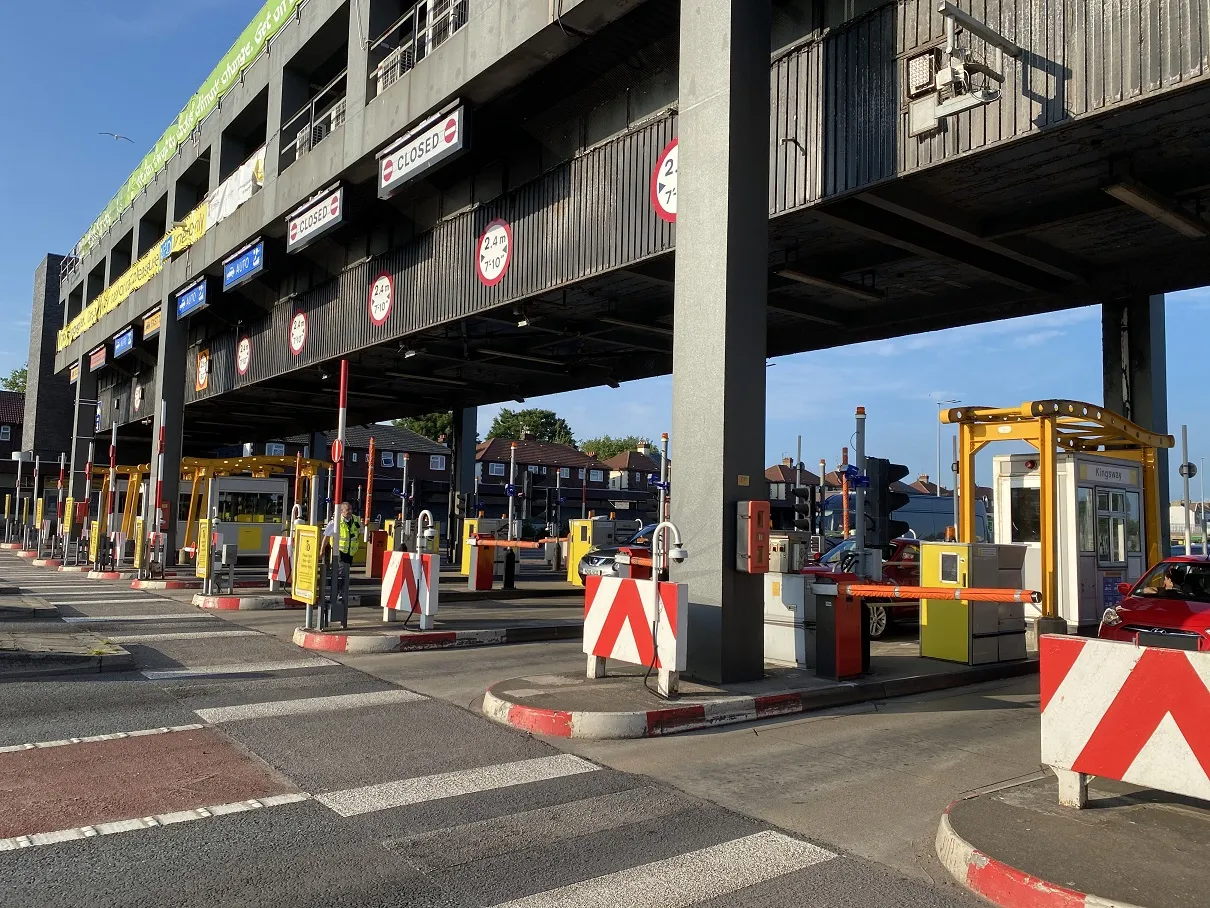Liverpool has recorded a 142% increase young people taking bus journeys in city over the last three years, according to the Liverpool City Bus Region Alliance (a partnership between Merseytravel and bus operators Arriva and Stagecoach).
September 25, 2017
Read time: 1 min
Liverpool has recorded a 142% increase young people taking bus journeys in city over the last three years, according to the Liverpool City Bus Region Alliance (a partnership between Merseytravel and bus operators Arriva and Stagecoach).
Formed a year ago with the intention of making buses a mode of choice rather than a last resort The alliance has invested £52 million in equipment and services, realising a 16.2% increase in bus journeys made by all paying passengers. WiFi and USB charging points have been fitted across the fleet and the level of customer satisfaction has reached 90% and more than 1,000 drivers will have undergone passengers support training by next March.









